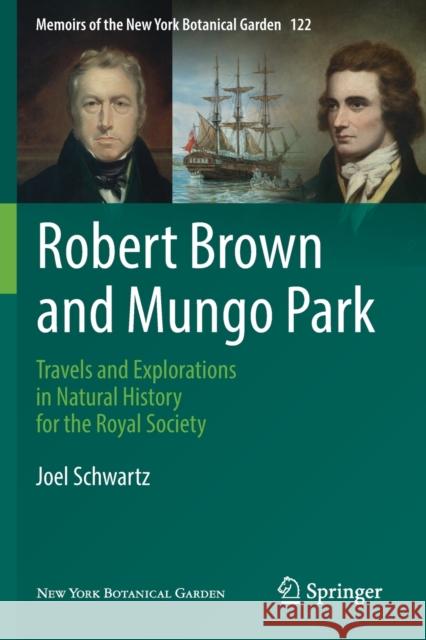Robert Brown and Mungo Park: Travels and Explorations in Natural History for the Royal Society » książka
topmenu
Robert Brown and Mungo Park: Travels and Explorations in Natural History for the Royal Society
ISBN-13: 9783030748616 / Angielski / Miękka / 2021 / 240 str.
Kategorie:
Kategorie BISAC:
Wydawca:
Springer
Język:
Angielski
ISBN-13:
9783030748616
Rok wydania:
2021
Ilość stron:
240
Waga:
0.34 kg
Wymiary:
23.39 x 15.6 x 1.3
Oprawa:
Miękka
Wolumenów:
01
Dodatkowe informacje:
Wydanie ilustrowane











